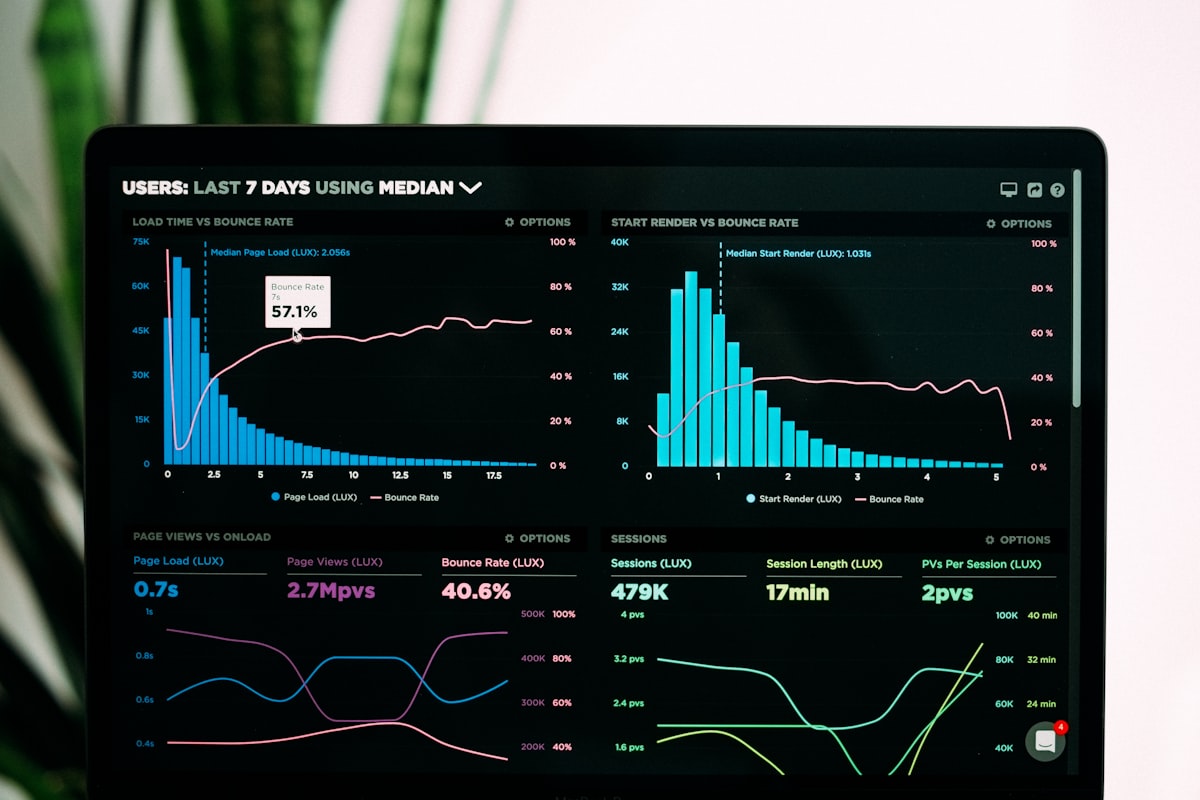Keeper AI Standards Test: The Complete Guide for 2025
Table of Contents

What is the Keeper AI Standards Test?
The Keeper AI Standards Test is a comprehensive evaluation tool designed to measure the quality, reliability, and ethical compliance of artificial intelligence systems. Developed by leading AI researchers and industry experts, this assessment has become a benchmark for organizations implementing AI solutions across various sectors.
Unlike basic AI testing frameworks, the Keeper AI examination evaluates multiple dimensions of an AI system:
- Technical performance and accuracy
- Bias detection and mitigation
- Ethical alignment
- Security protocols
- Real-world applicability
The Evolution of AI Testing Standards
As artificial intelligence becomes more sophisticated, traditional testing methods have proven inadequate. The Keeper AI Standards Test emerged in 2020 as a response to growing concerns about:
- Unchecked AI biases in hiring systems
- Security vulnerabilities in machine learning models
- Lack of transparency in AI decision-making
Why is the Keeper AI Test Important?
Implementing the Keeper AI assessment provides numerous benefits for developers, businesses, and end-users:
For Businesses and Organizations
- Risk mitigation: Identifies potential AI failures before deployment
- Regulatory compliance: Helps meet emerging AI governance standards
- Competitive advantage: Certified AI systems gain market trust
For AI Developers
- Quality assurance: Provides comprehensive system validation
- Improvement roadmap: Highlights specific areas for enhancement
- Professional credibility: Keeper certification is recognized industry-wide

Test Structure and Components
The Keeper AI Standards Test consists of four main evaluation modules, each focusing on critical aspects of AI system performance.
1. Technical Performance Evaluation
This module assesses the core functionality of the AI system:
- Accuracy metrics across diverse datasets
- Processing speed and resource efficiency
- Error rate analysis
- Adaptability to new information
2. Ethical Compliance Assessment
The most distinctive feature of the Keeper test evaluates:
- Bias detection across 17 protected categories
- Decision transparency and explainability
- Privacy protection measures
- Human oversight provisions
3. Security Stress Testing
This rigorous examination includes:
- Adversarial attack simulations
- Data poisoning resistance
- Model inversion vulnerability checks
- Secure API implementation
How to Prepare for the Keeper AI Assessment
Proper preparation can significantly improve your AI system's test performance.
Pre-Test Checklist
- Conduct internal bias audits using open-source tools
- Optimize model documentation for transparency
- Perform stress testing under various conditions
- Review all regulatory requirements for your industry
Recommended Preparation Timeline
| Time Before Test | Preparation Activity |
|---|---|
| 8-12 weeks | Initial system audit and gap analysis |
| 4-8 weeks | Implement necessary improvements |
| 2-4 weeks | Mock testing and final adjustments |
Understanding Scoring and Results
The Keeper AI Standards Test uses a multidimensional scoring system that provides detailed insights into your AI's performance.
Score Components
- Technical Score (0-100): Raw performance metrics
- Ethical Index (0-100): Bias and fairness evaluation
- Security Rating (A-F): Vulnerability assessment
- Overall Certification Level: Basic, Standard, or Premium

Keeper AI vs Other AI Testing Tools
While several AI assessment tools exist, the Keeper test offers unique advantages.
Comparison Table
| Feature | Keeper AI | Standard AI Test | Ethical AI Audit |
|---|---|---|---|
| Technical Evaluation | ★★★★★ | ★★★★☆ | ★★★☆☆ |
| Bias Detection | ★★★★★ | ★★★☆☆ | ★★★★☆ |
| Security Testing | ★★★★☆ | ★★★☆☆ | ★★☆☆☆ |
| Industry Recognition | High | Medium | Specialized |
Our Choice: When to Use Keeper AI Test
After evaluating all major AI assessment tools, we recommend the Keeper AI Standards Test for:
- Enterprise AI deployments: Its comprehensive approach justifies the investment
- Regulated industries: Particularly healthcare, finance, and public sector
- High-stakes applications: Where AI decisions significantly impact people's lives
For smaller projects or preliminary testing, consider starting with open-source alternatives before progressing to the full Keeper assessment.
Ready to validate your AI system with industry-leading standards? Sign up for Keeper AI Test preparation consultation today and ensure your AI meets the highest benchmarks.
Frequently Asked Questions
1. How long does the Keeper AI Standards Test take to complete?
The complete evaluation typically takes 2-4 weeks, depending on the complexity of your AI system and the current testing queue. Basic screenings can be completed in 3-5 business days.
2. What's the cost of Keeper AI certification?
Pricing starts at $2,500 for small-scale AI applications and can reach $25,000+ for enterprise systems with multiple modules. Academic and nonprofit discounts are available.
3. How often should we retest our AI systems?
Keeper AI recommends annual recertification for most applications. Systems in rapidly evolving domains or those receiving major updates should test more frequently.
4. Can we perform the test internally?
While some components can be self-administered, official certification requires evaluation by accredited Keeper AI professionals to maintain objectivity and standards compliance.
5. What happens if our AI fails the test?
You'll receive a detailed improvement report with specific remediation steps. Most organizations pass on their second attempt after implementing the recommended changes.
Final Thoughts
The Keeper AI Standards Test represents the gold standard in artificial intelligence validation, combining rigorous technical evaluation with essential ethical and security assessments. As AI systems become more prevalent in critical decision-making processes, undergoing comprehensive testing like Keeper's isn't just advisable—it's becoming mandatory for responsible AI deployment.
Whether you're an AI developer seeking to improve your models, a business leader implementing AI solutions, or a policymaker concerned about ethical implications, understanding and utilizing the Keeper AI Standards Test will help ensure your artificial intelligence systems are safe, fair, and effective.

Post a Comment